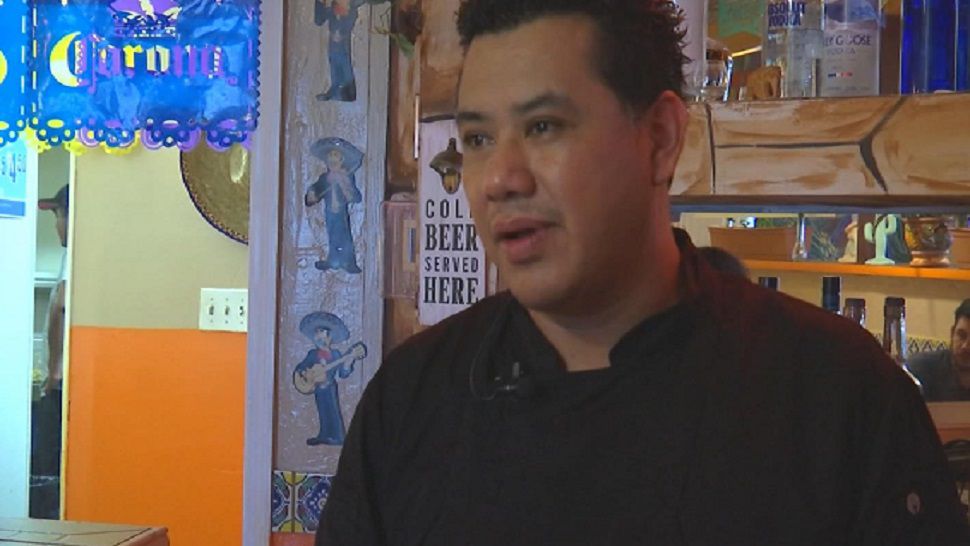PINELLAS PARK, Fla. — At Nuevo Vallarta in Pinellas Park, authentic Mexican cuisine is what keeps the people coming back.
“I want my customers to taste the difference from my restaurant to another restaurant,” said Juan Carlos Pedraza, who owns the restaurant.
- Pinellas Park restaurant owner concerned over looming tariffs on good from Mexico
- Trump: Starting June 10, prices of Mexican imports will increase by 5 percent
- GOP senators line up against Trump's 5% Mexico tariff plan
But Pedraza fears the impending tariffs on products imported from Mexico might change that.
“We use fresh ingredients, so if the prices went up, on the menu there will be an increase of prices,” said Pedraza.
President Donald Trump said in a tweet last week that starting June 10, prices of Mexican imports will increase by five percent and will continue to rise by five percent each month, reaching up to 25 percent by October.
That is, unless Mexico finds a way to keep illegal immigrants out of America.
But Michael Coon, assistant professor of economics at University of Tampa, says tariffs tend to hurt local consumers more than the country where the tariff is imposed.
“They’re going to see higher prices on produce in the grocery store, they’re going to see higher prices at restaurants, they’re going to see higher prices on other things like automobiles,” said Coon.
Five percent may not seem like much, but to put it in perspective, a $30,000 car would cost a buyer an extra $1,500.
And statewide, we’re talking about much more.
Coon says Florida imported $6.6 billion worth of goods in 2017.
If those numbers stay the same for this year, that would equal an extra $300 million Floridians would have to pay for the same goods.
So for now all anyone can do is wait to see what happens.
Congress is meeting to discuss how to move forward.
They would need two-thirds of a vote to overturn a presidential veto.



